When mobile and enterprise collide - Talk Mobile
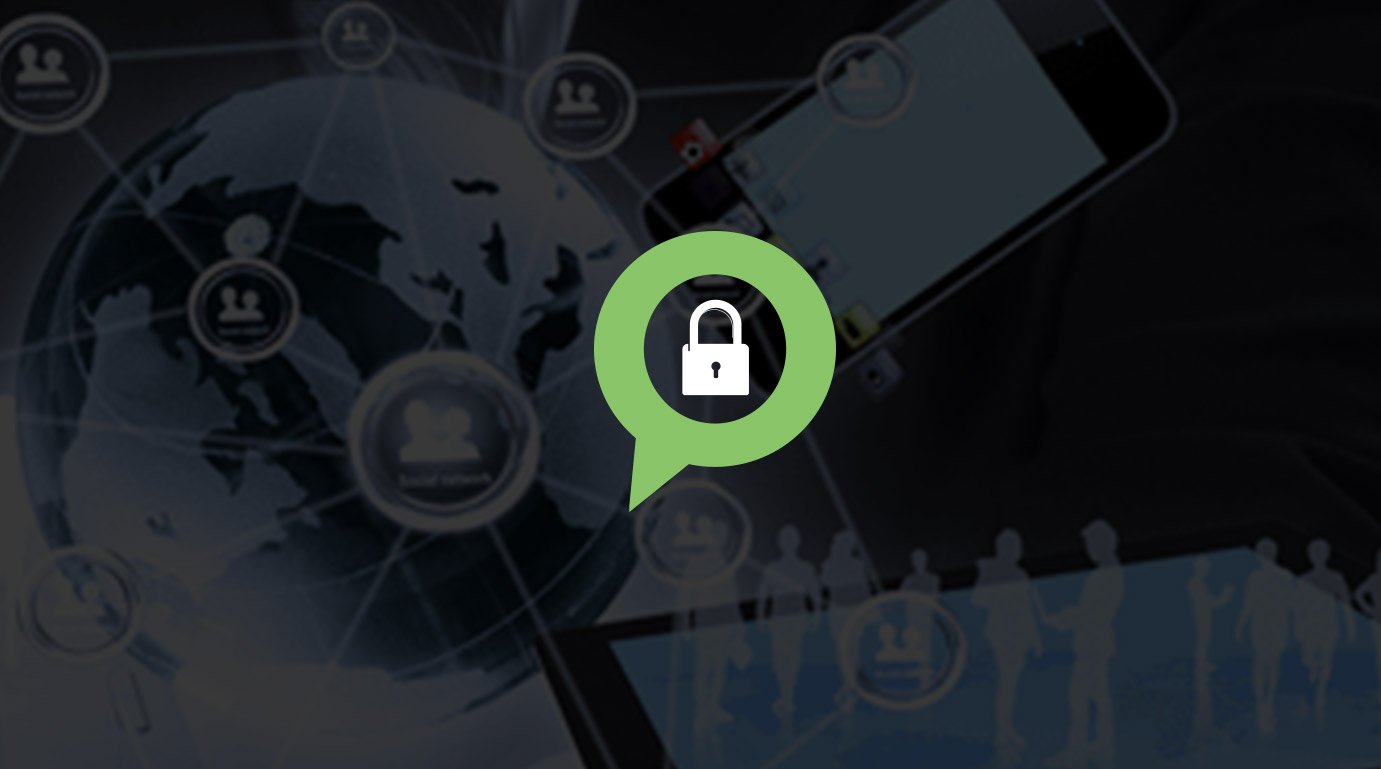
Presented by Blackberry
Talk Mobile Security
When mobile and enterprise collide
by Rene Ritchie, Daniel Rubino, Kevin Michaluk, Phil Nickinson
Nobody's entirely sure how it started, but it's a trend that's taken the corporate IT world by storm over the past few years. In all likelihood it began with a CEO walking into the CIO's office with his new shiny new iPhone and saying "Steve, put my email on this."
"But, Sir, we issued you a BlackBerry," Steve, the CIO, pointed at the stack of BlackBerry Bolds on his desk. "We all have BlackBerrys."
The CEO glared at him and growled, "Steve, I want my email on this. Make it work." He set the iPhone on Steve's desk and left the dark IT office.
Be an expert in 5 minutes
Get the latest news from Android Central, your trusted companion in the world of Android
Steve looked at the black glass slab on the corner of his desk and swallowed. "I don't like where this is going."
A multi-platform mobile ecosystem has become the new reality for corporate IT. They have to manage multiple operating systems and even devices owned by employees. Mobile devices are becoming more and more prevalent in business - but can they replace the desktop? Is the Bring-Your-Own-Device trend a good thing? And just what does IT need to make all of this happen?
Let's get the conversation started!





Enterprise
Articles navigation

Daniel Rubino WINDOWS PHONE CENTRAL
A looming transition to mobile-centric enterprise
Will our phones become so powerful that we no longer need a traditional desktop or laptop PC to accomplish business things? What about tablets, ranging from smaller slabs like the Nexus 7 or iPad Mini to larger slates in the category of the iPad or Microsoft's category-straddling Windows 8 systems?
Are mobile devices so powerful that we no longer need a PC to do business?
It's a tough call, as certainly these devices are becoming more prominent in daily work lives. AT&T Store representatives sport iPads for expedite customer service. Microsoft Store and Apple Store employees use Nokia Lumia 900s and iPhones, respectively, to process orders in store. More and more businesses are deploying tablets to mobile workers, either in place of older laptops or replacing old-school paper-based systems.
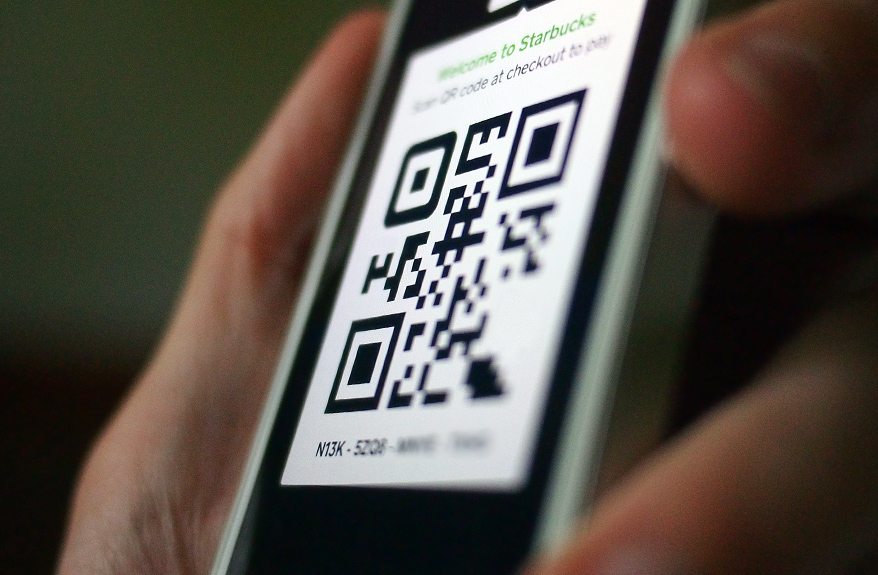
Squared
Founded in 2009 by Jim McKelvey and Twitter founder Jack Dorsey, Square launched as a combination of app, service, and hardware. The Square mobile payments setup consisted of a cloud service to process payments, an app for iOS or Android smartphones and tablets, and a small 1-inch cube-ish magnetic card reader that plugs into the device's headphone jack.
Payment can be managed either by swiping a credit card through the reader, or customers that are running the Square Wallet app can store their credit or debit card information in the service and pay through a barcode scan or by username.
Merchants taking payment via Square Register are charged a 2.75% fee on every credit card transaction (or 3.5% plus $0.15 per manually-entered transaction) or a flat $275-a-month plan so long as monthly sales through Square don't exceed $20,833.
The iPhone and iPad went from "never" in enterprise to quite common practically overnight. While these devices are lacking the raw horsepower of a traditional PC, they've carved out a substantial space in both corporate and small business environments. They've proven to be stellar tools for streamlined communications, presentations, and remote working. There's still a healthy amount of consternation on the part of justifiably security-conscious IT admins for modern mobile devices to overcome before they'll reach full acceptance in the corporate world, but that day is coming.
So yes, we'll see mobile devices like tablets, smartphone, and more continue to move into enterprise. Will it eclipse the desktop? Well, if Microsoft has their way, your desktop will simply evolve to a new hybrid category. Google too, with Chrome OS is pushing for a rethought evolution of computing, though the cloud-based Google Apps suite for businesses isn't quite as prominent.
What we're looking at is more a re-imagining the modern work office than a replacement.
Q:
How do you use mobile devices for work?
876 comments
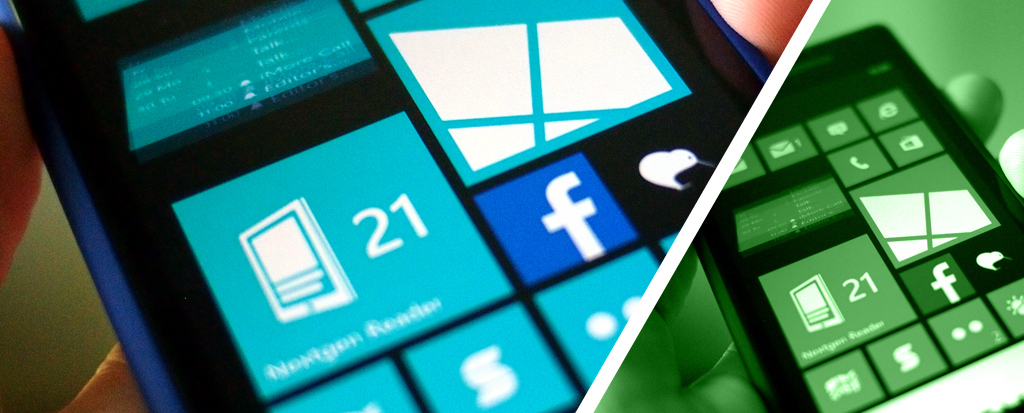

Rene Ritchie iMORE
A diverse and flexible IT ecosystem
When an IT administrator can look upon the breadth of his corporate empire and know there are no devices left to conquer, he or she will have reached the zen state everyone in enterprise has been working towards since the first PDA hit the first executive pocket long before the turn of the century.
The reality is, yes, having one platform and one brand of device to support is far, far, far easier for IT than having a diverse array of platforms spanning numerous device types. Hell, having a single, locked down image that's pushed across identical software and hardware to each and every corporate citizen is pretty much the utopian IT ideal. Aside from VNC'ing into the server room from poolside, umbrella drink in hand, it doesn't get much better than that.
But humans aren't homogenous. When individuals with diverse jobs come with a wide range of needs, no one supplier, and no one device, can meet all of them. Otherwise there'd be only one phone on the market, and the whole point would be moot.
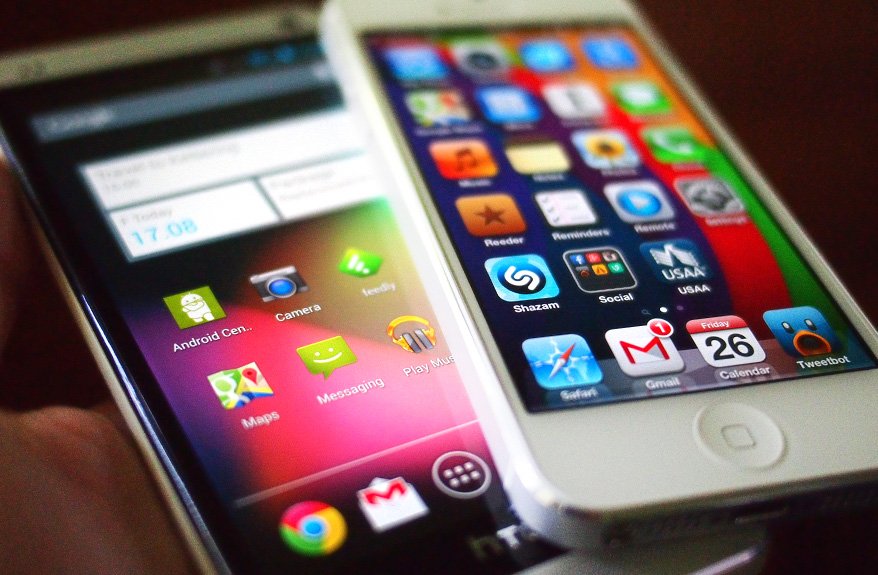
Corporate heavyweights
As much as BlackBerry has built a reputation as a phone built for business, in recent years it has been Apple's iOS line-up that has dominated business use. In the most recent quarterly Mobility Index Report from Good Technology, their surveying of over 5,000 customers across multiple industries indicated that in the first quarter of 2013, iOS device activations in corporations outpaced Android 3-to-1.
The iPhone 5 alone accounted for 25% of device activations, followed by the older (and cheaper) iPhone 4S and the latest generation of iPads. When it came to Android devices, Samsung was well represented, with the Galaxy S3 accounting for 5% of enterprise activations and the Galaxy Note and Galaxy S2 both clocking in around 1%.
Apple's performance in the Good report was down 5% from the previous year, with Android making up the difference. Even so, neither platform has much to worry about - corporate mobile device activations were up 30% from the year prior.
With diverse devices comes greater corporate complexity. Not every operating system supports every corporate app or service the same way, or in some cases at all. Even the implementation of basic protocols like the popular Microsoft Exchange ActiveSync can vary not only from OS to OS, but from device to device.
Yet people who need the type of communications only a hardware keyboard can provide can get that. Those who need the biggest screen and stylus combo they can graft onto a phone can get that. Those who want tablets and phones with consistent interfaces, services, and apps can get that too.
The trend is away from IT monoculture and towards savings and flexibility.
And most importantly for big companies, the very idea of 'Bring-Your-Own-Device' means they can push off the cost those devices partially or entirely onto the employee, reducing the upfront cost of electronics expenditures, even if it means more work for IT. And nothing makes some managers happier than cutting the bottom line, even if it spites their face.
Ultimately the trend seems to be away from IT monoculture and towards money savings and increased flexibility. While IT gets slapped around a little because of it, employees ultimately end up with tools they prefer and know, and that hopefully help them work better.

If everything ran the same operating system it would be simpler - simpler for the people administering, and simpler for the people writing malicious software.
- Michael Singer / AVP Mobile, Cloud and Access Management Security at AT&T
Q:
Talk Mobile Survey: The state of mobile security
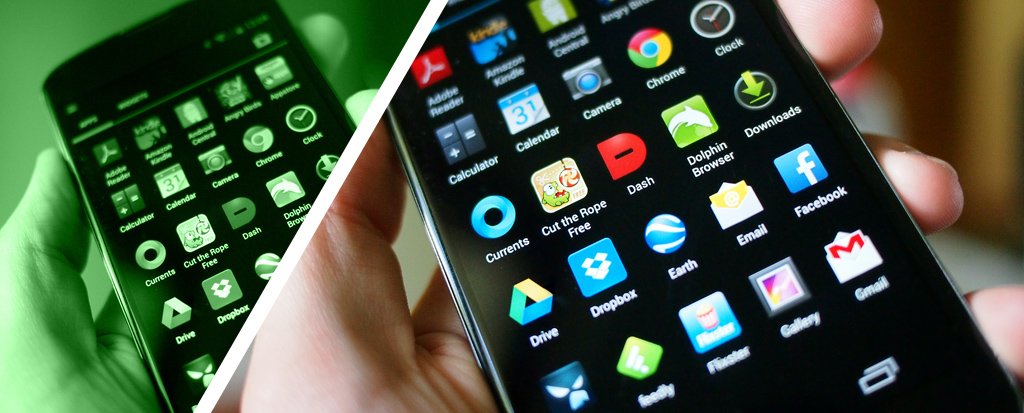

Phil Nickinson ANDROID CENTRAL
Bring your own device: fleeting trend or here to stay?
The days of you having a crappy flip phone at home and better, work-issued phone might not be over, but they're definitely fading away, and rapidly. Fact of the matter is most folks don't want to carry around two phones for two different purposes. From an end-user perspective, it's definitely easier to only have one phone, especially as modern consumer smartphones are more than capable of handling the needs of the average corporation.
The Bring-Your-Own-Device (BYOD) revolution is only just beginning. That scares the crap out of the corporations we work for, as it rightfully should. They don't want the liability that comes along with your personal information and data any more than they want you walking around with unfettered access to their corporate and customer data outside the workplace.
The BYOD revolution is only just beginning, and that scares the crap out of corporations.
Make no mistake — just as laptops created the virtual office, our phones are our mobile workplaces as well. And employers are charged with the same responsibility for them as they are physical buildings. We've seen many times in the past when a lost corporate laptop compromised the information of thousands of employees or customers. A smartphone could in theory be just as damaging, but is much easier to lose.
BYOD isn't new, of course. Microsoft has supported a wide variety of devices through its Exchange servers for years, including the ability to enforce security standards like a PIN lock. BlackBerry, of course, has done it through BlackBerry Enterprise Server, but that only ever worked with BlackBerry devices. But today the number of devices — and, more importantly, the variety of devices from the number of manufacturers — has exploded. And it's only going to get worse. Or better, depending on which side of the equation you're on.
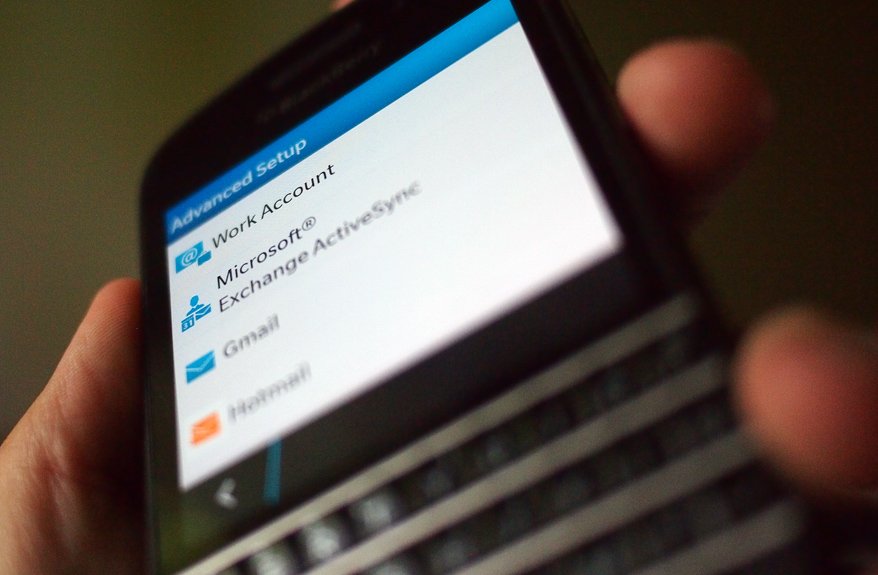
Your own device? Okay…
The term BYOD saw its first published mention in a 2004 paper of the same name published by the Media Computing Group of RWTH Aachen University of Germany. The paper's goal was to study consumer interaction with personal devices and large displays, but by 2009 the phrase was brought into corporate IT lingo by Intel upon noticing an upswell in its own employees connecting their personal devices to the corporate network.
According to a recent study by Cisco, mobility initiatives are expected to account for 23% of IT spending in 2014 (up 18% in 2012). They also found that 84% of IT admins are guiding their companies into a more BYOD-friend posture, with 69% believing that "the consumerization trend" to be a positive development for their field.
The good news is that there are more tools available to manage BYOD than ever before. Samsung's rolled out SAFE with Knox to support securing and separating enterprise and personal content on the same device. BlackBerry 10 devices include BlackBerry Balance, allowing users to flip a virtual toggle and switch between different setups for personal and work use.
At this point, the larger question isn't necessarily one of "Can I bring my device to work?" Or, for IT administrators, "How do we best manage all these people bringing their devices to work?" It's one of "Do I really want to have my home and work lives on one device?"
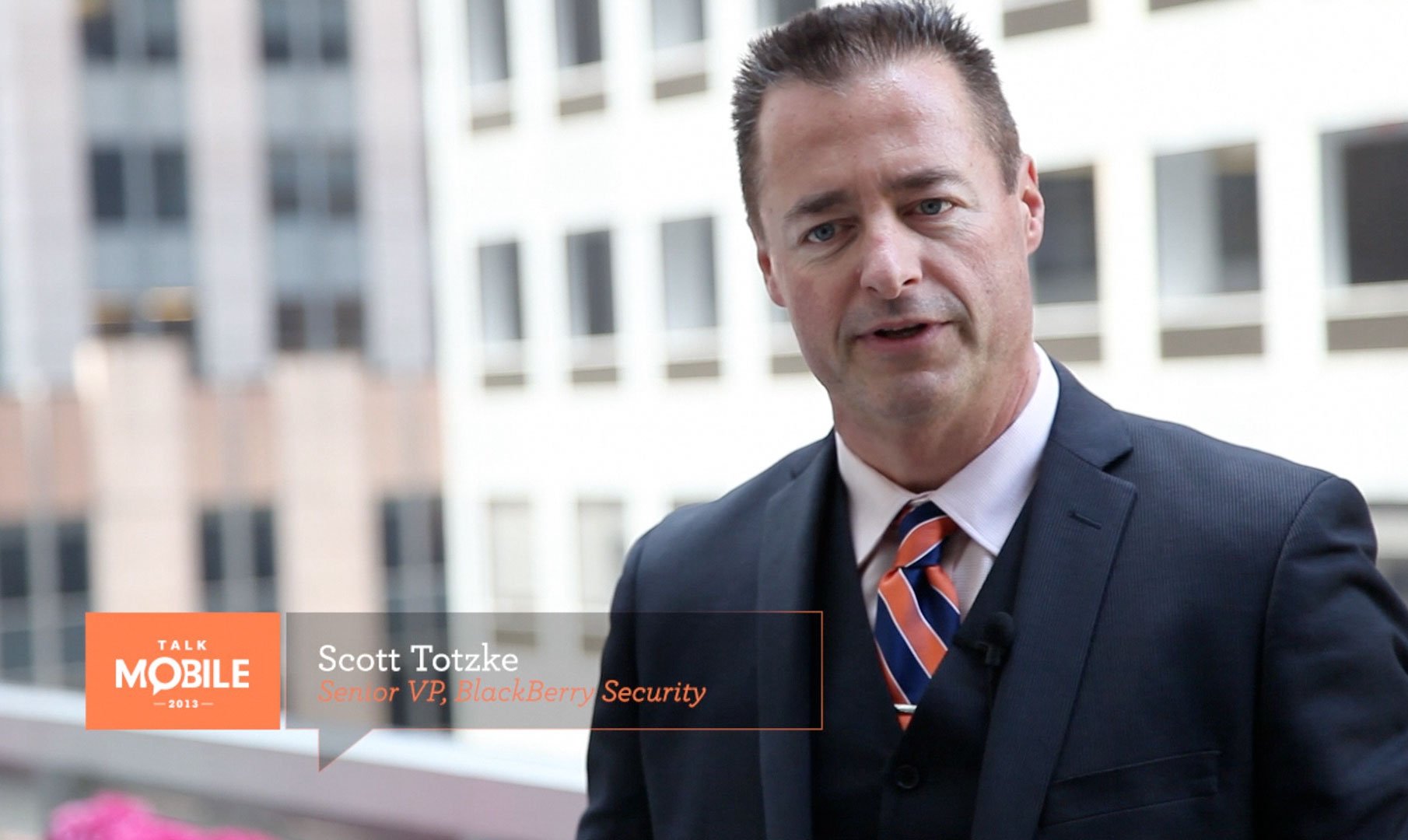
We saw this intersection of device diversity and cost savings that led to BYOD.
- Scott Totzke / Senior VP of Security, BlackBerry
Q:
Do you want a corporate-issued smartphone or to just use your own?
876 comments
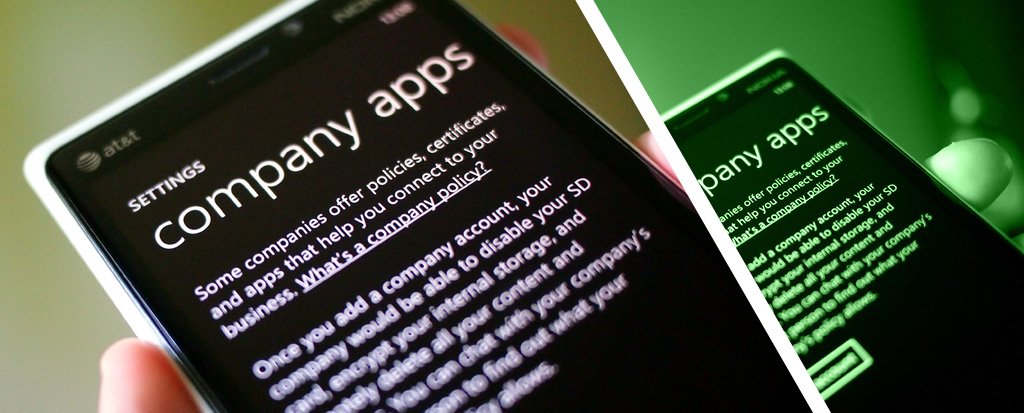

Kevin Michaluk CrackBerry
What IT wants, IT gets
Most of us, at one time or another, will complain about managing a single mobile device. Something doesn't work right, or we can't do what we need to do, and it frustrates us. If we have to manage multiple devices we've almost certainly had problems more than once with sync, apps, backups, passwords, and other seemingly basic things.
So imagine managing a hundred smartphones. A thousand. Tens of thousands. Imagine your job was to make sure everyone in an enormous organization securely got the right data and apps. That takes not only a dedicated and knowledgeable staff, but the right server software.
Enterprise IT administrators need to be able to set up, manage, and monitor fleets of devices. They need to offer rock-solid but routine services like email and corporate contacts and calendars. They need to be able to remotely wipe a lost phone, or replace one demolished by a drop (or corporate desk-pounding).
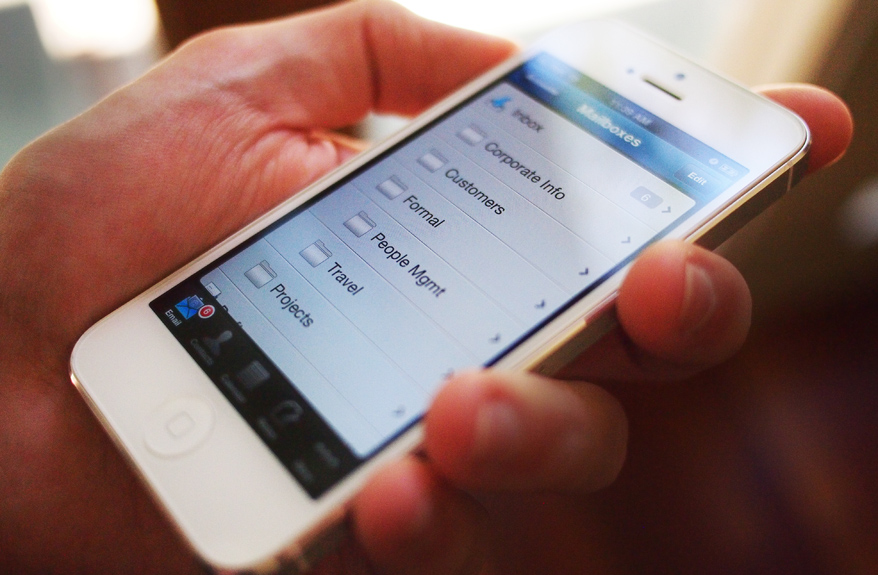
You've got some BlackBerry on your iPhone
The keystone of the corporate IT BlackBerry system has long been the BlackBerry Enterprise Server. BES is a package of middleware software installed on corporate servers that acts as a relay between devices and other services. It's compatible with Microsoft Exchange, Lotus Domino, Alt-N MDaemon, and Novell GroupWise, and can handle calendars, contacts, messaging, email, and more.
BES was expanded with the launch of BES 10 (changing the S from Server to Service) by adding in Secure Work Space to allow iOS and Android devices on corporate BES networks to access a secured application wrapper that delivers email, calendar, and contacts, along with an enterprise-level secured web browser and document editing with Documents To Go.
BlackBerry was the pioneer in this space. BlackBerry Enterprise Server (BES) was the go-to solution for IT. Battle-tested, trusted, and reliable, with security out the yin-yang, you could simply slap BES on a server, throw BlackBerry handsets at your workforce, and call it day.
Mobile changed fast. Today, corporations have Bring-Your-Own-Device policies, and not everyone in the workforce is using the same phone. You know the hassle of a partner using a different phone; now imagine that at corporate scale. IT departments now have to manage a hodgepodge fleet of devices across multiple platforms. And it still has to work reliably and consistently.
You know the hassle of a partner using a different phone; imagine that at corporate scale.
The platforms have to respond as well. The first iPhone had almost no support for enterprise. It took a year for Apple to bundle Microsoft Exchange support, and they've steadily added more enterprise-friendly features since.
Microsoft has been enhancing their Exchange Server systems with device management and other services for years. Google, thanks to the diversity of Android devices, has been more of a moving target for enterprise support, but between Google's cloud services, Android OS, and the manufacturers, they're starting to figure out enterprise.
BlackBerry changed too. They've evolved from a vertical company of a single, end-to-end solution, to one that's becoming horizontal, pushing not only BlackBerry Messenger cross-platform, but offering enterprise tools like BES10-managed Secure Work Spaces for iOS and Android.
It's still no easy task to keep multiple platforms all supported around the clock, but thanks to modern enterprise tools it sucks a lot less than it used to.
Q:
How does your business use cloud services?
876 comments
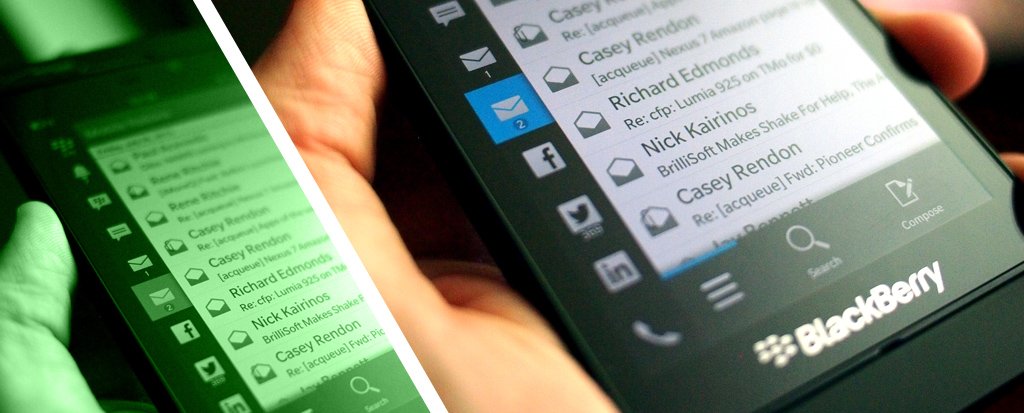
Conclusion
There's no turning back. The modern enterprise is faced with an employee base that's equipped themselves with a range of devices from a dozen different manufacturers. No longer can a BES install on corporate servers be the be-all, end-all solution. Equipped with powerful and capable devices running Android, BlackBerry 10, iOS, and Windows Phone, the workforce is likewise powerful and capable.
Enterprise IT is faced with the struggle to serve up all of the data these employees expect while doing so securely. Everything from contacts and calendars and email to strategic corporate databases and documents has to be accessed seamlessly, but without compromising that data.
This trend towards mobile isn't a fad. Mobile devices aren't as objectively powerful as their desktop counterparts, but being built for mobility from both the hardware and software perspectives means they're often just as capable, if not more so.
Mobile is the new reality for corporate IT. The businesses that make sure they're ahead of the curve will thrive. Those that aren't will be lucky to survive.

